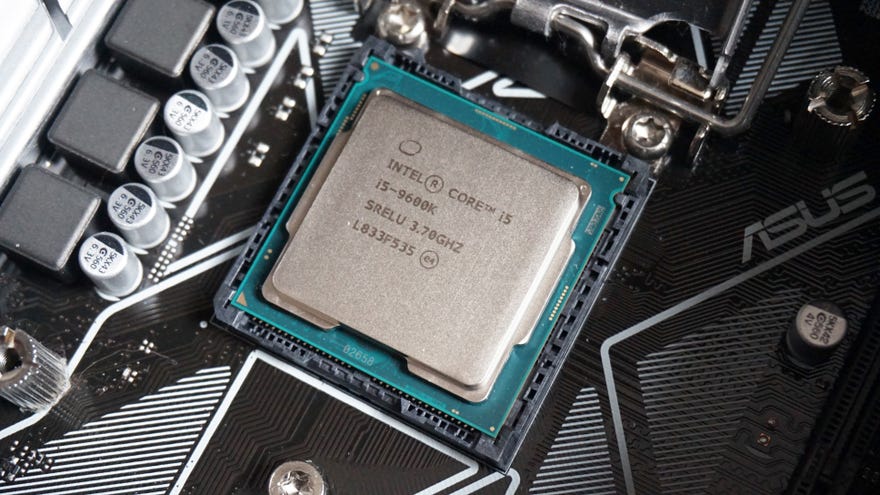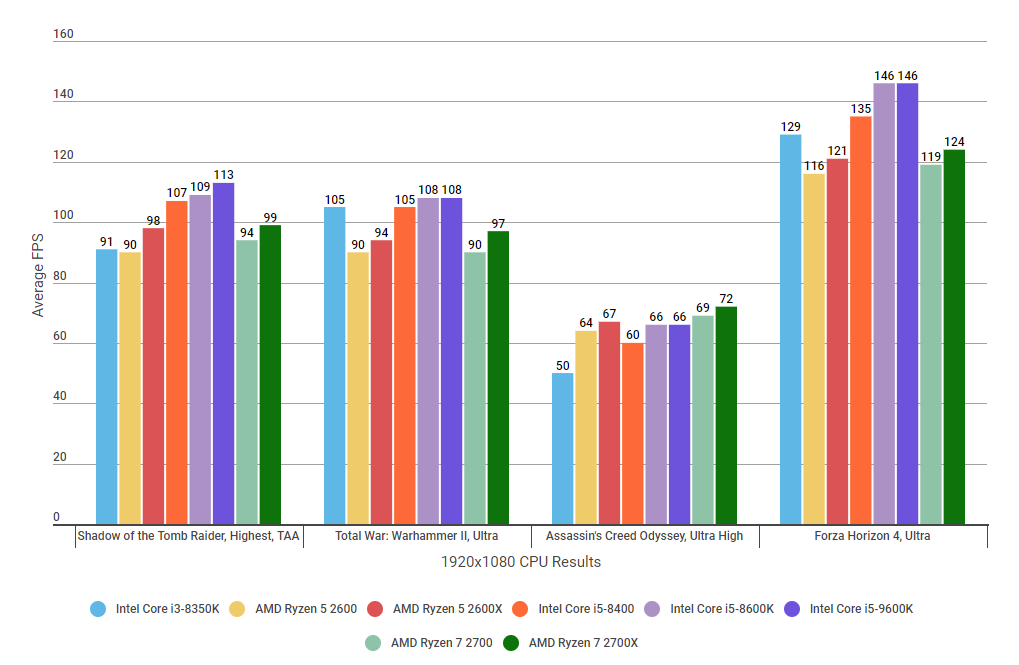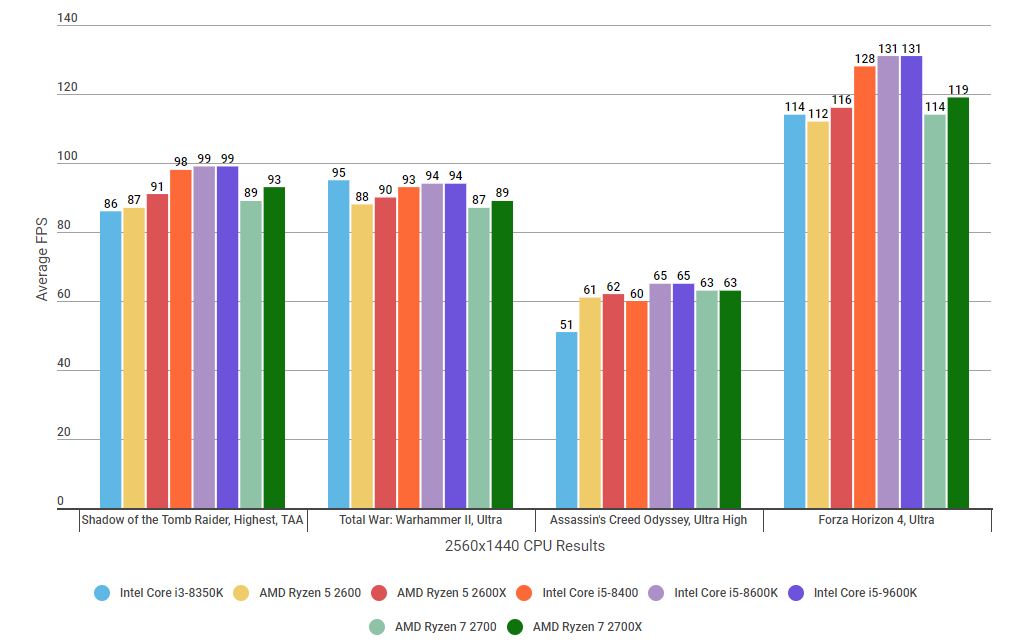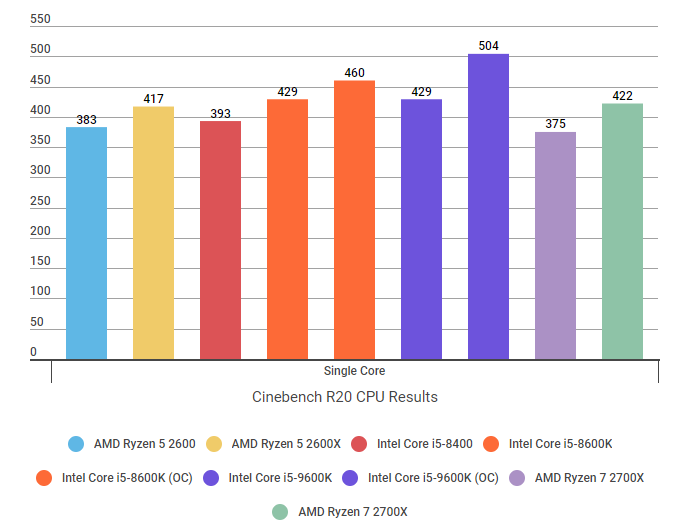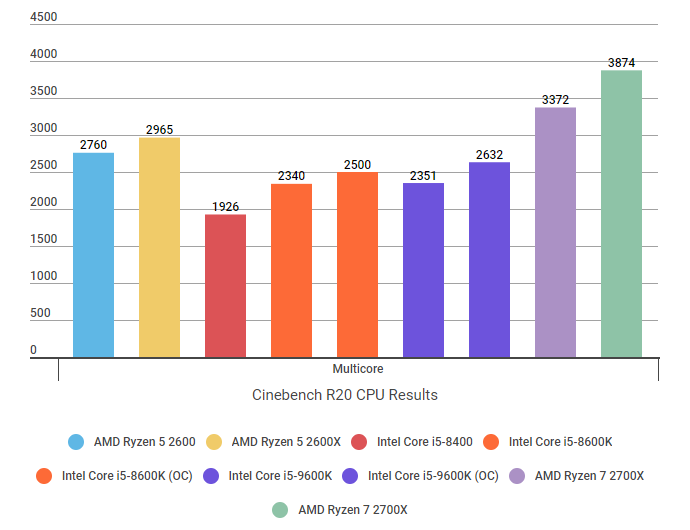Intel Core i5-9600K review: Our new best gaming CPU champion
Great performance at a great price
Intel's Core i5-8600K has been one of the top gaming CPUs ever since it came out at the end of 2017. Now, however, there's a new best gaming CPU in town in the form of its 9th Gen Coffee Lake successor, the Core i5-9600K.
Priced at a very competitive £220 / $230 at time of writing, Intel's Core i5-9600K is a tough act to beat - especially when AMD's upcoming Ryzen 5 3600X CPU is slated to start at an even more expensive $250 when it launches on July 7th. The Ryzen, admittedly, does have the added benefit of coming with a bundled cooler in the box (which the i5-9600K sadly does not), but even once you factor in the additional cost of a cooler, the Ryzen 5 3600X is going to have a pretty tough job on its hands if it's going to beat the i5-9600K's exceptional gaming chops. I will, of course, be updating this review once I've got my hands on the Ryzen 5 3600X, but in the mean time, here's how the i5-9600K stacks up to the rest of the gaming CPU spectrum right now.
On paper, at least, it doesn't really look like much of an improvement over the already brilliant Core i5-8600K. It has a slightly higher base clock speed of 3.7GHz and a faster Turbo Boost speed of 4.6GHz, but fundamentally it's still a six core CPU with a TDP (or thermal design point) of 95W.
Indeed, when you compare its out of the box performance to its 8th Gen predecessor, you'd almost be forgiven for thinking you'd forgotten to change them over, so similar are their respective gaming speeds and general desktop chops.
Admittedly, testing any CPU's gaming performance is still a bit of a difficult undertaking. As our friends at Digital Foundry have explained in the past, a lot of benchmarks either don't test your CPU properly, or simply aren't very accurate in the first place. Fortunately, a handful of gaming benchmarks have got a lot better at this recently, with the likes of Shadow of the Tomb Raider, Forza Horizon 4, Assassin's Creed Odyssey and more all providing an in-depth look at your CPU's performance as well as what your graphics card's doing.
That said, there are also several other factors that can impact gaming performance, such as your graphics card, the type of RAM you've got, and even what type of storage you've installed the game on. As a result, getting a truly accurate picture of a CPU's gaming performance is tricky, but I've done the best I can with the equipment available to me.
I've also focused a lot more on gaming performance in this review than I have on, say, application performance or media creation bits and bobs because, well, I'm not really interested in that. I've included some cursory Cinebench scores as a basic indicator of what each CPU will be like for general desktop tasks, but really, my main goal here is to work out what CPU is the best for gaming and gaming alone.
And as you can see from the graphs below, the i5-9600K is just as capable as its 8th Gen predecessor. It's a smidge quicker in Shadow of the Tomb Raider at 1080p, but otherwise it's pretty much identical. However, at time of writing, the i5-9600K is a lot less expensive than the i5-8600K, which instantly makes it better value for money overall.
What's more, I was also able to get a lot more out of it when it came to overclocking it in Intel's Extreme Tuning Utility software, making it an even more tempting proposition than its 8th Gen predecessor. While I was only able to reach a high of 4.5GHz on the i5-8600K before my PC conked out, I was able to push the i5-9600K all the way up to a whopping 4.9GHz before it called it quits. Admittedly, you could probably reach a similar speed on the i5-8600K by using a more substantial liquid cooler, but that's only going to add even more expense to your CPU setup overall.
Admittedly, the actual benefit you'll see when it comes to playing games with an overclocked CPU is surprisingly small. Indeed, the only game that seemed to show any benefit whatsoever from running at each CPU's new overclocked speeds was Total War: Warhammer II. Otherwise, you're either looking at exactly the same average gaming performance, or a boost of just a couple of frames.
For general desktop applications, however, the i5-9600K really comes into its own at 4.9GHz, giving you a 17% boost to its single core Cinebench score, and a 12% improvement to its multicore performance. The i5-8600K, on the other hand, was only able to increase each of its single and multicore Cinebench scores by a measly 7%.
In truth, even the i5-9600K's new overclocked multicore highs still can't match the positively stonking multicore performance of AMD's Ryzen 5 2600X CPU (which is also a good deal cheaper at £169 / $185, I might add), and it's even further behind what you'll get from the £200 / $210 Ryzen 7 2700, too. Indeed, you'd have to shell out on the monstrously expensive Core i9-9900K before you started seeing better multicore performance from an Intel CPU, which is the only black mark on the i5-9600K's otherwise spotless record.
However, while its Ryzen rivals will almost certainly feel that bit nippier when you're using creative applications or photo and video editing tools and the like, their respective gaming performance just can't compete. In fact, you could almost say there's a similar gulf between Intel and AMD's respective gaming chops as there is between their multicore performance. It's simply a matter of what your priorities are, and what you value the most.
As I stated above, I'm more interested in finding out what the best gaming CPU is around this kind of price range, which is hands down the Intel Core i5-9600K. The Ryzen lot may be better picks if you also regularly use your PC for heavy-duty media bits, but for those after a pure gaming thoroughbred, it simply doesn't get much better than the i5-9600K.
